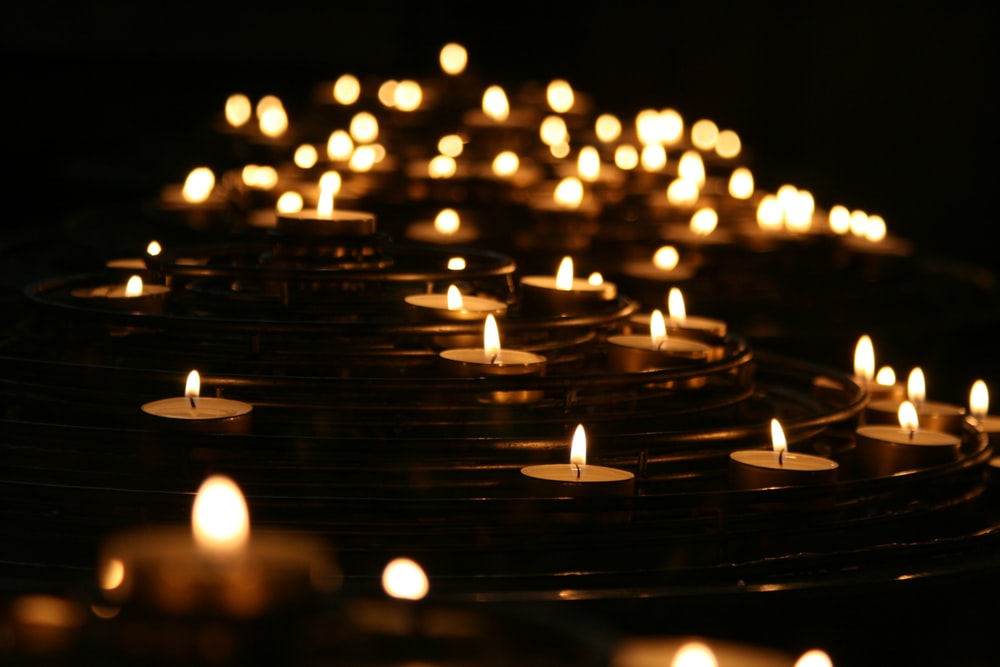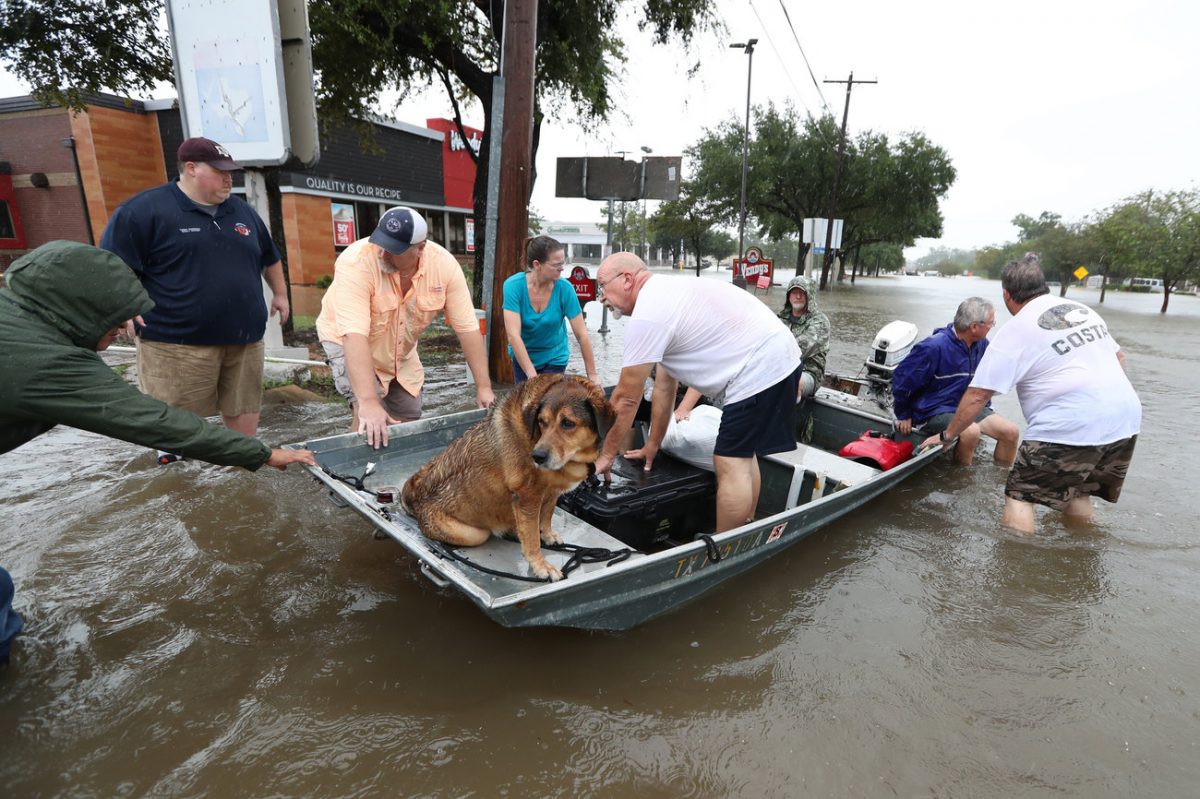I’m sitting here tonight with my arm in a sling following surgery to remove bone spurs and reattach a torn rotator cuff tendon. I share that with you not to garner sympathy, though sympathy helps, too.
I share it with you simply because the surgery limits my typing to a ponderous, one-fingered hunt and peck that tries my patience and stifles my creativity. The prospect of typing my regular Bible Study blog this week is one hunt and one peck too much.
My uncle, Les Lewis, is the pastor of Grace Lutheran Church in Slaton, TX. He writes two brief devotional thoughts each week to share with his congregation, family and friends.
Once on a snowy day in West Texas when I was in elementary school and Les was in high school, he carried me home on his back for more than a mile through a foot of snow (uphill both ways, I’m sure.) Les regales our family with stories, each with the Lewis gift of embellishing the truth to make things more interesting. He makes me laugh.
When it comes to his faith, he is a spiritual thinker and often presents a new thought that challenges my own thinking. The following is one of my uncle’s devotionals. As I think of the number of family and friends dealing with personal moments of grief in the past weeks and months, his message resonates with me as one whose hope is in Christ. I hope you find it helpful.
I Thessalonians 4:13-18
“We do not want you to be uninformed, brothers and sisters, about those who have died, so that you may not grieve as others do who have not hope.”
The young first century church was still struggling to find itself; deciding where it stands on issues of the day. This is was especially true of the church at Thessalonica having only recently been established by the itinerant apostle Paul.
Since the day of Pentecost, the church had been inundated with odd beliefs, theories, superstitions, and speculations about God’s organization. Leaders were forced to deal not only with each of these notions but also with those who introduced them to the church.
High upon the list of topics of discussion was the belief that the Lord Jesus would be returning to earth to redeem His Church and take His followers to ever be with God in heaven. The people of the church were in a constant state of waiting anxiously for His return.
But this very issue was disturbing for some of the people, for their loved ones had died, and they feared that the dead would be left behind when the rapture came. The letter of Paul to the Thessalonians addressed the issue. He introduced them to his own doctrinal theory, “by the word of the Lord,” to give it divine authority.
The text for today very clearly lines out in orderly fashion the event of the second coming that includes all of God’s children. It’s impossible to say for sure whether or not Paul’s discourse put the matter to bed, but I imagine it was very comforting to those grieving members for whom it was intended.
Grief has received bad press in that it tends to be looked upon as a sign of weakness, or a lack of faith. Grief is autonomous! It forces us deep into our very souls to meet with us there even as we struggle to follow the advice of well-meaning friends who tell us we “must be strong for the kids.”
The dark silence of the soul may be strange territory for many of us for it is the place where deep processing takes place; where all phony business is pushed aside leaving only the pain of reality.
We will feel as if grief is going to utterly consume us, but HOPE is the solvent that softens our grief and ultimately makes us feel human again. Hope does not get rid of grief, it only makes grief, OUR GRIEF, bearable, thereby blending “our” grief into our personality enabling us to be present for “others who have no hope.”
Paul’s image offers hope to all who are in grief. “Therefore encourage one another with these words.”
Les
*****
Thanks, Les. I add only one thought and one verse.
With every loss comes grief. It’s arrival and departure are rarely in a confined time frame or orderly progression. Just when we think grief has finally taken its last breath from us, another wave breaks over our heads threatening to drown us once again in our sorrow.
That’s why we fight it. Try to ignore it. Try to push it away only to find ourselves lost again in our brokenness. Grief is the life process God uses to put our pieces back together again, different to be sure, but whole. It is his presence, his hope, that sustains us.
I find comfort in the following verse from Psalms.
“The Lord is close to the brokenhearted and saves those who are crushed in spirit.”
That has been my experience and is the basis of my hope.

